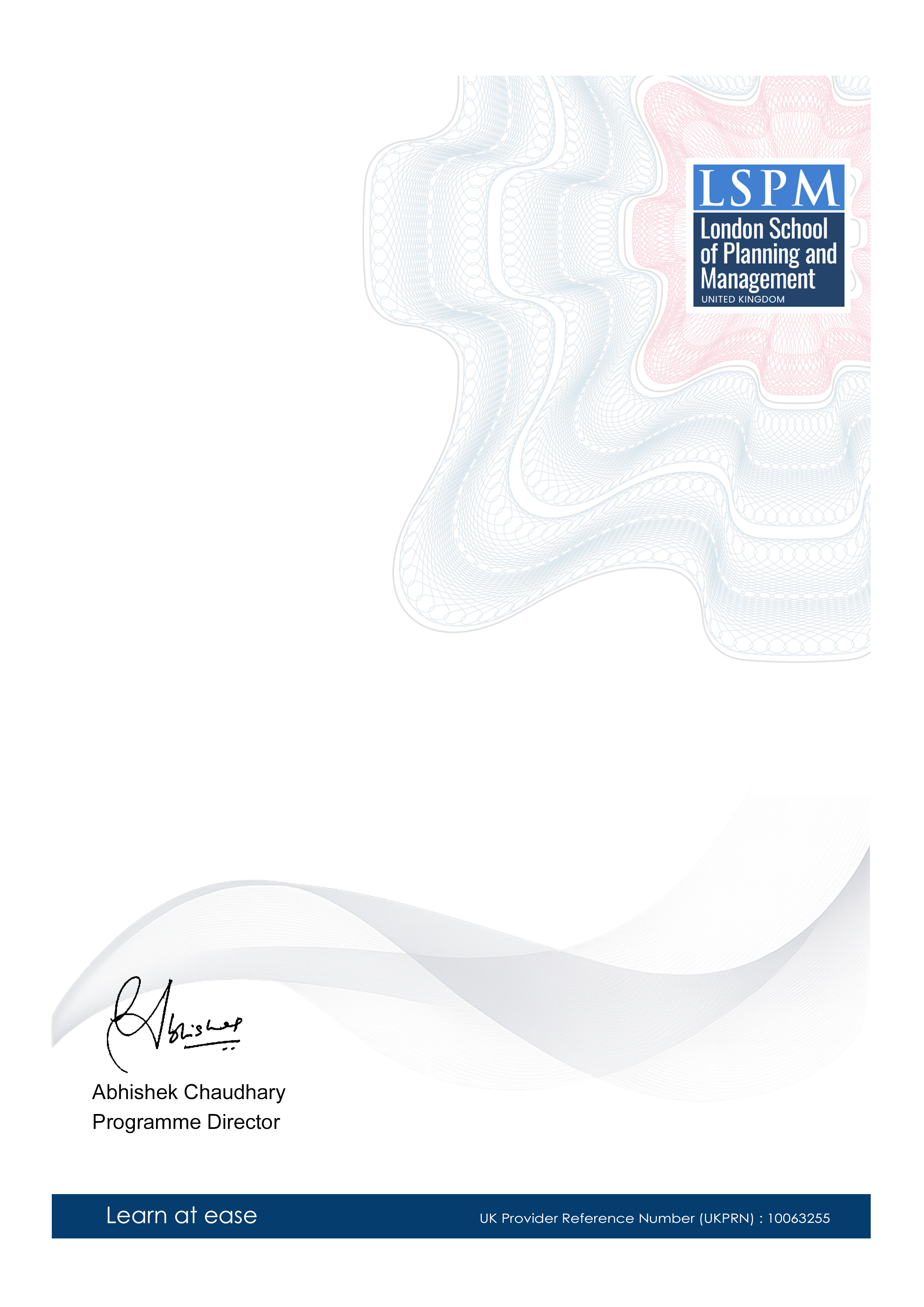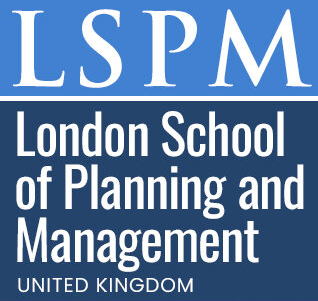Career Advancement Programme in Crop Disease Monitoring
-- viewing nowThe Career Advancement Programme in Crop Disease Monitoring certificate course is a comprehensive program designed to equip learners with essential skills in identifying, monitoring, and managing crop diseases. This course is of utmost importance in the current times, given the increasing global concern for food security and climate change impacts on crop health.
4,444+
Students enrolled
GBP £ 149
GBP £ 215
Save 44% with our special offer
About this course
100% online
Learn from anywhere
Shareable certificate
Add to your LinkedIn profile
2 months to complete
at 2-3 hours a week
Start anytime
No waiting period
Course details
• Crop Disease Basics: Introduction to crop diseases, types of pathogens, disease cycles, and the importance of crop disease monitoring.
• Plant Pathology: Study of plant diseases, their causes, and the effects on crops. Includes identification of common plant pathogens and their impact on crop yields.
• Disease Monitoring Techniques: Techniques used to monitor crop diseases, such as field surveys, remote sensing, and laboratory analysis. Discusses the advantages and limitations of each method.
• Disease Forecasting: Principles of disease forecasting, including statistical models and data analysis. Covers the use of weather data and other environmental factors to predict disease outbreaks.
• Integrated Pest Management (IPM): Introduction to IPM, a holistic approach to managing pests and diseases in crops. Covers the use of cultural, biological, and chemical methods to control crop diseases.
• Disease Management Strategies: Strategies for managing crop diseases, including disease-resistant crop varieties, crop rotation, and chemical control. Discusses the importance of integrated disease management.
• Disease Control Technologies: Overview of technologies used to control crop diseases, such as genetically modified crops, biopesticides, and nanotechnology.
• Impact of Crop Diseases on Agriculture: Examines the economic and social impact of crop diseases on agriculture, including the effects on food security and rural livelihoods.
• Policy and Regulations: Overview of policies and regulations related to crop disease monitoring and management. Discusses the role of government and international organizations in controlling crop diseases.
Career path
Data Scientists are responsible for extracting valuable insights from large datasets. In crop disease monitoring, they analyze remote sensing data, weather patterns, and soil conditions to predict potential outbreaks. * **Agronomist (25%)**
Agronomists focus on crop production and soil management. They work closely with farmers to ensure healthy crops, identify potential threats, and suggest appropriate countermeasures. * **GIS Specialist (20%)**
GIS Specialists deal with geospatial information systems, creating maps, and performing spatial analysis. They are essential for monitoring crop health and identifying disease hotspots. * **Remote Sensing Specialist (15%)**
Remote Sensing Specialists analyze satellite or drone imagery to assess crop health and detect early signs of disease. They develop algorithms and workflows to process large amounts of data efficiently. * **Software Developer (10%)**
Software Developers create custom tools, applications, and platforms to support crop disease monitoring and analysis. They build solutions to automate processes and visualize data, making it accessible and understandable to a wide audience. These roles demonstrate a strong demand for professionals with expertise in data analysis, GIS, remote sensing, and software development. By merging these skills with a deep understanding of agriculture, individuals can contribute significantly to crop disease monitoring and help ensure food security in the UK.
Entry requirements
- Basic understanding of the subject matter
- Proficiency in English language
- Computer and internet access
- Basic computer skills
- Dedication to complete the course
No prior formal qualifications required. Course designed for accessibility.
Course status
This course provides practical knowledge and skills for professional development. It is:
- Not accredited by a recognized body
- Not regulated by an authorized institution
- Complementary to formal qualifications
You'll receive a certificate of completion upon successfully finishing the course.
Why people choose us for their career
Loading reviews...
Frequently Asked Questions
Course fee
- 3-4 hours per week
- Early certificate delivery
- Open enrollment - start anytime
- 2-3 hours per week
- Regular certificate delivery
- Open enrollment - start anytime
- Full course access
- Digital certificate
- Course materials
Get course information
Earn a career certificate

